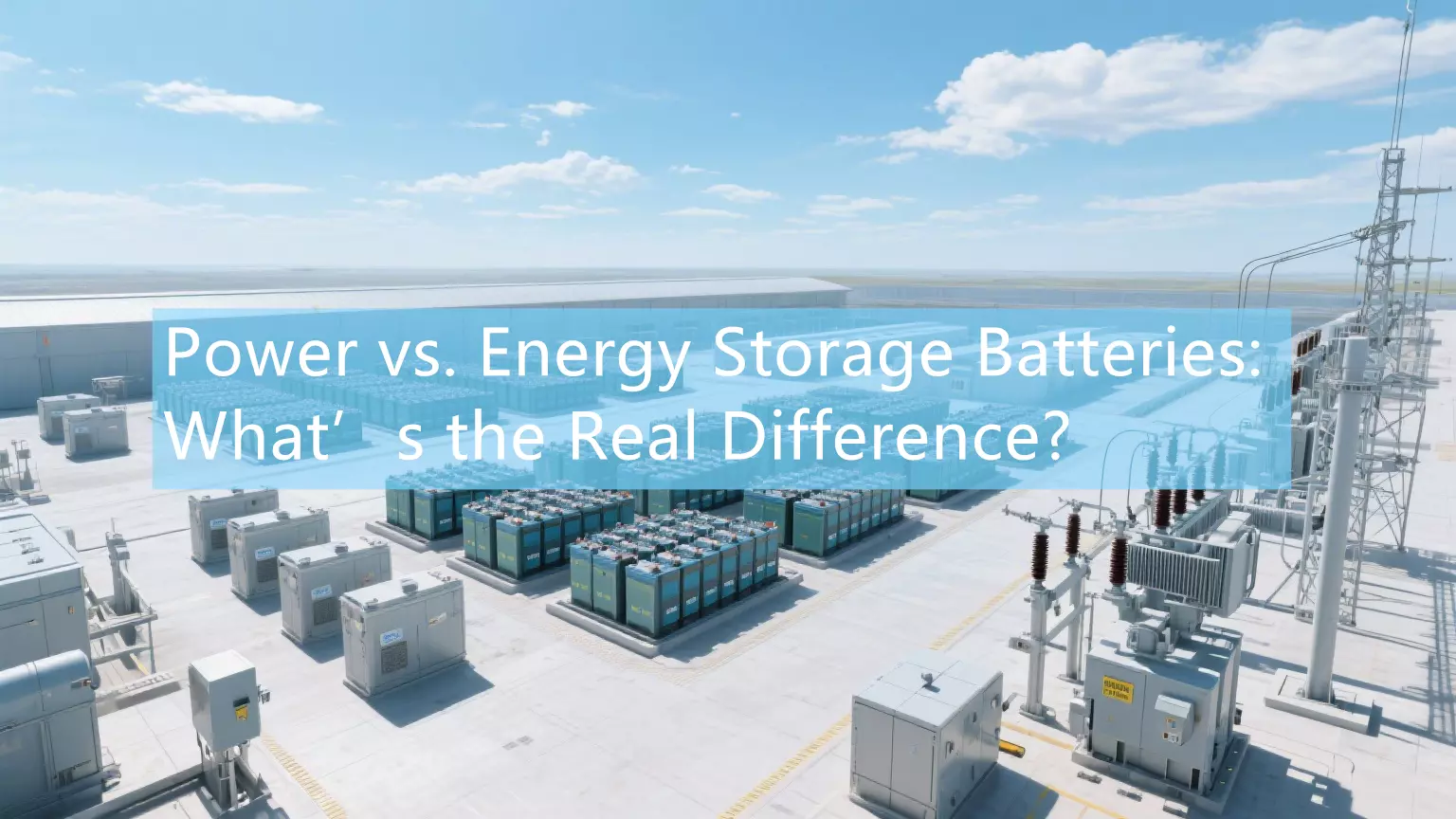Lead-acid batteries are obsolete, lithium batteries are what the RV industry needs to know
The RV industry is undergoing a major shift as advanced lithium batteries replace lead-acid batteries. This shift is driven by technological innovation and changing consumer demands, marking a critical change that the RV industry must fully understand to remain competitive.
Lead-acid batteries have traditionally been the power source of choice for RVs due to their affordability and availability. However, their limitations, such as shorter lifespan, higher maintenance costs, and less efficient power storage, paved the way for lithium batteries. These modern alternatives offer superior performance, longer lifespan, and minimal maintenance costs, making them the preferred choice for today’s RV owners.
The Shift from Lead-Acid to Lithium Batteries in RVs

Expense Comparison: Lead-Acid vs. Lithium Batteries

Conclusion
The choice of RV battery is crucial to the RV electrical system because it is responsible for storing the electricity generated on the power generation side.
Compared with lead-acid batteries, lithium battery products have excellent performance, wide application, and safety. They use lithium iron phosphate technology, have a long cycle life, and reduce maintenance costs. Providing 24V output voltage and up to 200Ah energy reserve, it is undoubtedly more suitable for RV travel and outdoor activities.





